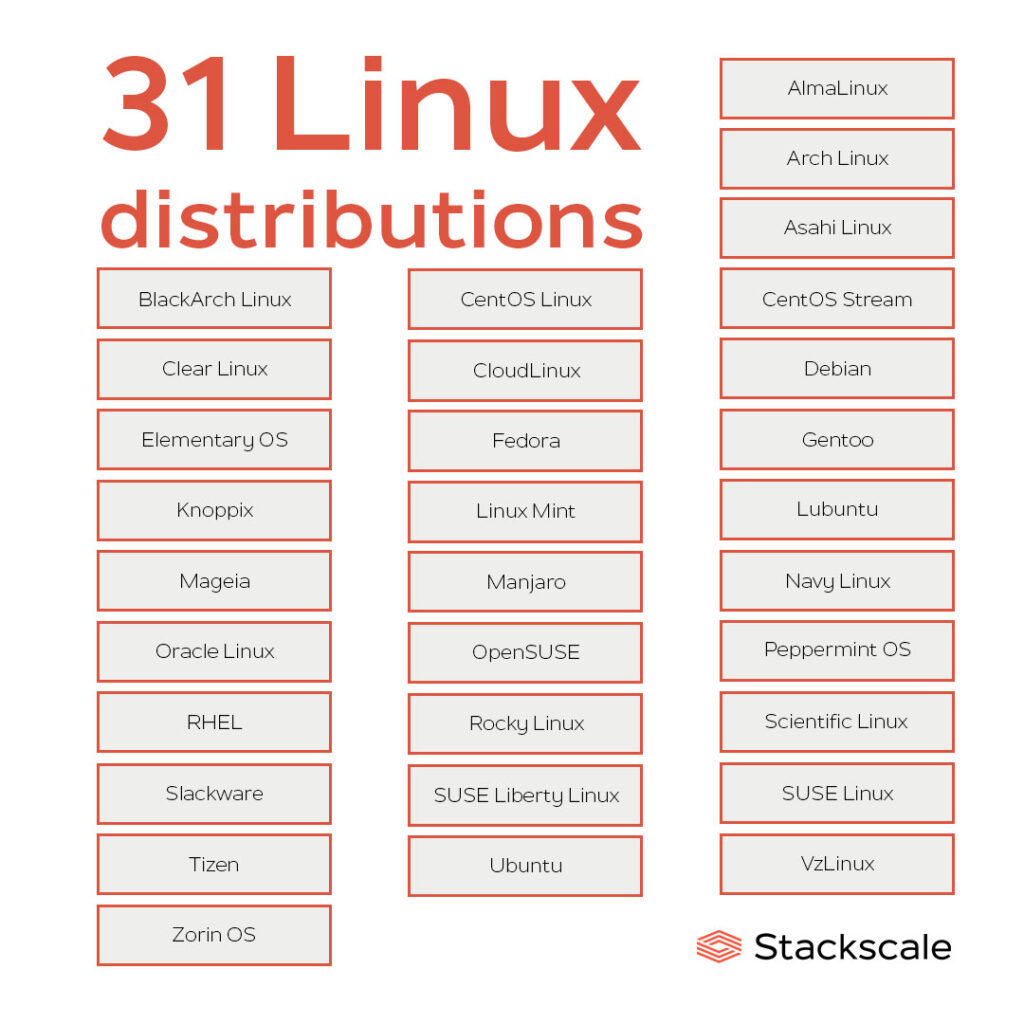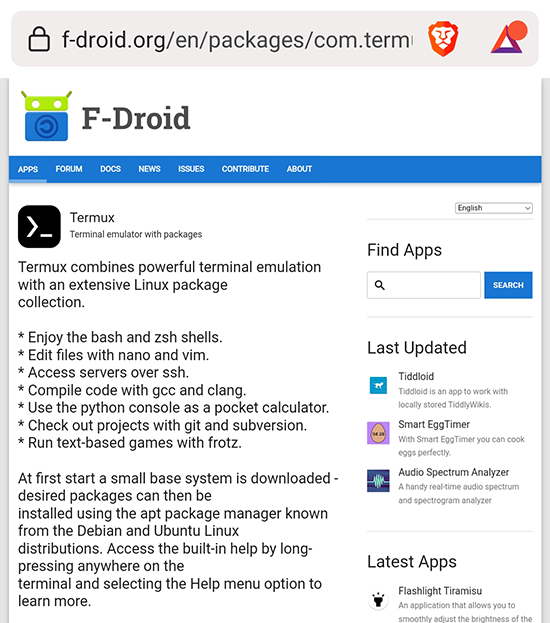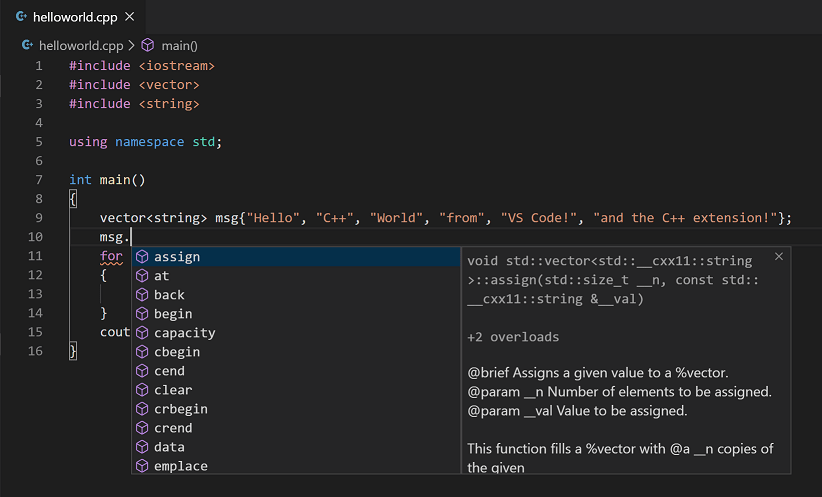1. Kali Linux: Kali Linux is a Debian-based Linux distribution that is mainly developed or built exceptionally for digital forensics and penetration testing, thus PENTEST. It comes with over 600 penetration testing tools pre-installed.
2. Ubuntu:
It is designed for both desktop and server use. Ubuntu offers a large number of pre-installed applications, including web browsers, email clients, and productivity tools.
3. Fedora:
It is designed for developers and those interested in the latest software and technologies. Fedora is known for its cutting-edge features and frequent updates.
4. CentOS:
CentOS is a Linux distribution based on the sources of Red Hat Enterprise Linux (RHEL). It is designed for server use and offers a stable, enterprise-class platform. CentOS is known for its stability and compatibility with RHEL.
5. Debian:
It is known for its extensive package repositories, allowing users to install a wide variety of software. Debian is highly configurable and is the basis for many other Linux distributions.
6. openSUSE:
OpenSUSE is a Linux distribution sponsored by SUSE. It is designed for both desktop and server use. openSUSE offers a stable, enterprise-class platform and includes a YaST control center for system administration.
7. Linux Mint:
It is designed for both desktop and server use. Linux Mint offers a user-friendly interface, a large number of pre-installed applications, and is known for its stability and reliability.
These are just a few examples of the many Linux distributions available. Each distribution offers its own unique features, customization options, and software repositories
About Author
Discover more from SURFCLOUD TECHNOLOGY
Subscribe to get the latest posts sent to your email.




